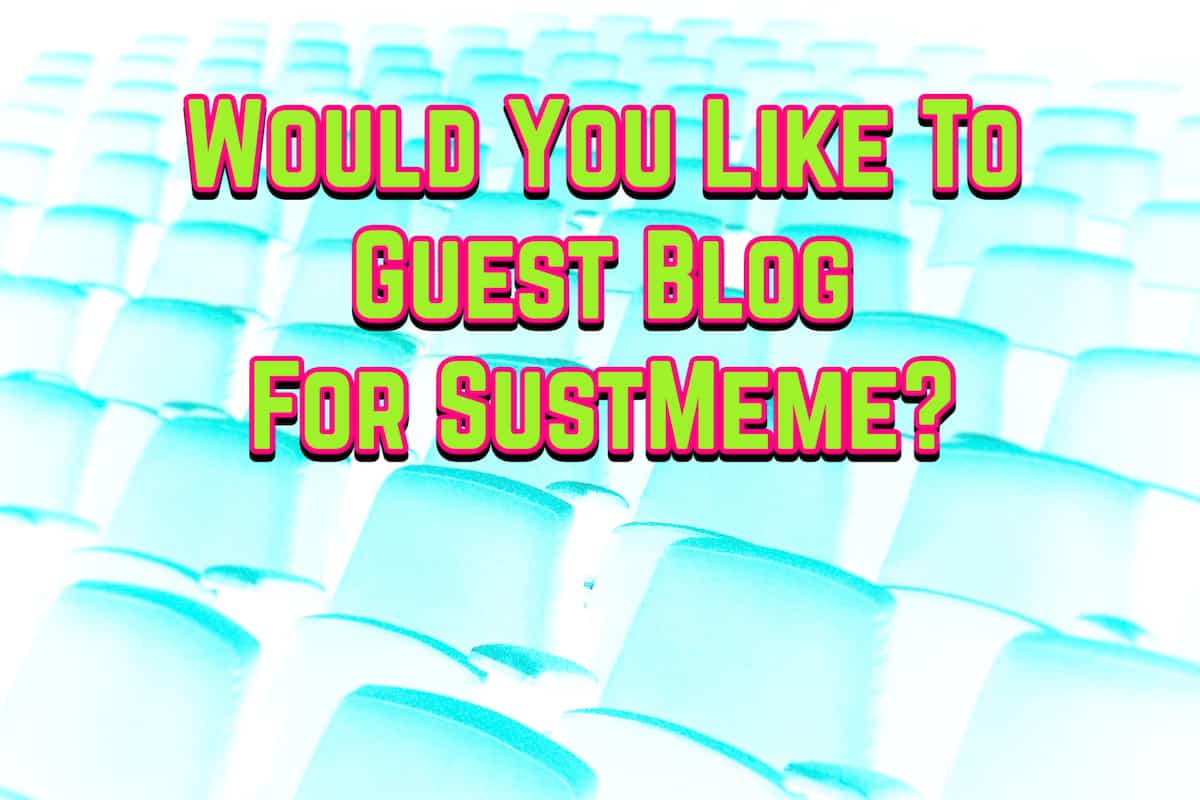GUEST BLOG: Sustainability: The S-Word… Love it or hate it, do you still use it… appropriately?
In this SustMeme Guest Post, the word ‘sustainability’, its origins and usage are discussed – plus, its relevance today and credibility ultimately disputed – by Robert Blood, founder of SIGWATCH, which tracks NGO campaigns to help business monitor reputational risk and predict emerging issues.
 RB: Orange is the new black, and sustainable is the new green. Except that the term ‘sustainable’, coined by the Club of Rome movement to argue for an economy that does not use up the planet’s resources faster than they can be replenished, has now been stretched well past the already elastic limits of its predecessor, ‘environmentally friendly’.
RB: Orange is the new black, and sustainable is the new green. Except that the term ‘sustainable’, coined by the Club of Rome movement to argue for an economy that does not use up the planet’s resources faster than they can be replenished, has now been stretched well past the already elastic limits of its predecessor, ‘environmentally friendly’.
Sustainability has become the value of choice for marketers. No self-respecting food or consumer-goods maker can promote its products without including on the packaging the word ‘sustainable’, preferably in a delicate green or brown serif font.
Moreover, sustainable seems only marginally invoked to draw attention to the environmentally positive attributes of the product’s ingredients or manufacture. Rather, it is put there to confirm the moral superiority of those that buy it. Never mind that their act of consumption is likely at odds with what sustainability is meant to be all about. A word intended to persuade us to consume less, ends up being used to encourage us to consume just as much as before, only more expensively.
Advocacy groups must share some of the blame for the increasing vagueness of the once precise term they helped to popularise. From the outset, environmental campaigners used the term ‘sustainability’ to examine how things are made and especially how they are grown – minimising man-made inputs and pesticides, preserving soil health, and so forth. They still tend to use it that way. Then development NGOs used ‘sustainable’ to embrace non-environmental concerns, such as income fairness and job creation in developing countries. For human rights groups, a ‘sustainable product’ became one whose maker ensured that workers in their supply chains were properly treated and had their labour rights respected. Animal rights advocates adopted it to argue for higher welfare standards and promote a vegan dress code. Climate activists calling-out products that create excessive carbon emissions, use it to distinguish those that don’t.
The result of this definition creep is that the word ‘sustainable’ has become loaded with the myriad concerns and demands of thousands of campaigners with quite different agendas. Businesses, under pressure from these same groups to show that they are listening, have adopted their language. Unsurprisingly they have then made it work for them, in their own way.
The word ‘sustainable’ finally lost all meaning for me when I read a statement from a company claiming, seemingly with a completely straight face, that it was sustainable – because it turned a profit. This is technically true – lossmaking is not sustainable, unless you are state-owned, or a tech start-up – but, surely, it misses the point?
Do you know of some inappropriate or questionable uses of the word’sustainable’? Please Tweet us at @SustMeme and share your examples!
To trial SIGWATCH for free and receive its daily NGO campaigning intelligence, plus access its databases and trend forecasting tools, visit the company website here. You can also Follow Robert Blood on Twitter at: @SIGWATCH
You can check out the full archive of past Guest Blog posts here.
Would you like to Guest Blog for SustMeme? For more info, click here.
SUSTMEME: Get the Susty Story Straight!




